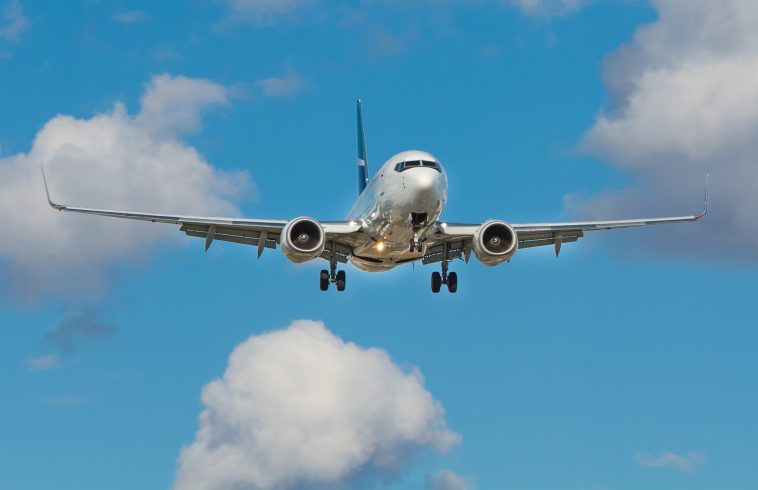The aerospace startup is in the process of establishing a network of autonomous airships, aiming to revolutionize the global delivery of goods and services. These airships, developed by the South African company, serve as a cost-effective alternative to drones, helicopters, and satellites. They can collect real-time data in challenging and hard-to-reach locations, utilizing their impressive range, endurance, and efficiency.
After obtaining regulatory approval, the startup commenced commercial operations in South Africa. Horne discloses plans for expansion into Namibia and Mozambique, with global market entry to follow. His passion for this sector traces back to his early years. During a two-year tenure at McKinsey, where he cultivated his professional network, extensive travel provided invaluable experience, offering insights into the challenges encountered in Africa.
According to Horne, operating within a relatively non-competitive market due to its hardware-centric approach, Cloudline holds an early-mover advantage. This strategic positioning is expected to provide a competitive edge in the autonomous aerial infrastructure space, even as potential competitors consider entering the airship market. Horne disclosed that Cloudline experienced a substantial fourfold increase in revenue in 2023, with further growth anticipated in 2024 attributed to securing multiple new multi-million dollar enterprise contracts through acquisitions.
Moreover, in a 2021 interview, Cloudline’s Chief Revenue Officer, Yaniv Gelnik, shared that the Kenyan Innovation Authority invited Cloudline to showcase its technology at Kenya Innovation Week. Gelnik also mentioned the active promotion of Cloudline’s solution by Ghana’s Ministry of Agriculture.



